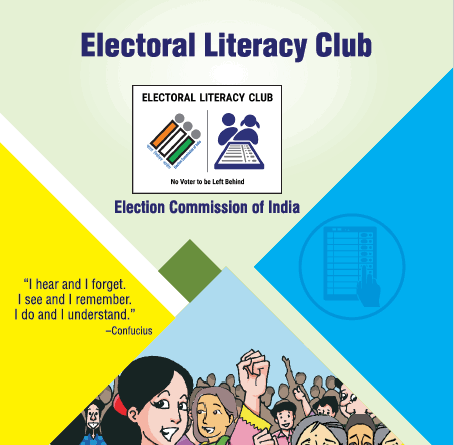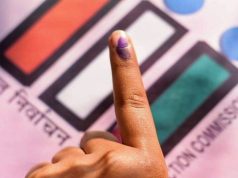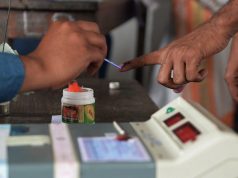Home
CATEGORIES
Education and Skill Training National Voters Day 2020 – How India is Empowering Young and Future...
National Voters Day 2020 – How India is Empowering Young and Future Voters
The lowest electoral participation in India is seen among the youth, particularly in teenagers who are 18 to 19 years old. They are busier choosing a career path, and casting their vote is the least of their concerns. With this intent, National Voters’ Day was dedicated in 2017 to motivating these young and future voters.
Voting Against All Odds
Exercising the right to vote is a privilege. Ask Sokela Tayang. The 42-year-old farmer trekked 125 miles to Malogam village (in Arunachal Pradesh’s Anjaw district) only to cast her ballot in the Lok Sabha elections. She was the only registered voter from the village. Even more interestingly, a team of polling officers undertook a four-day journey of over 300 miles to ensure this single voter could cast her vote!
Every five years, when national polls are held, the Election Commission grapples with challenging terrain and poor infrastructure to ensure that no voter is left out. In Gujarat, a team crossed a lion-infested jungle to find a single voter. In Ladakh, teams were airlifted before trekking for a day with oxygen cylinders to reach voters. Polling officials climbed 11,000 feet above sea level to Zanskar along with 1,500 jawans to ensure security. On the Andaman and Nicobar Islands, the teams braved crocodile swamps for nine voters.
Celebrities Urge Voters
A group of 600 theatre artistes followed the footsteps of filmmakers and scientists from across the nation and came up with an appeal to people to vote bigotry, hatred, and apathy out of power. A few days later, Bollywood celebrities came out with a request to people to vote carefully.
In a series of videos, titled ‘Truth Deserves You’, Bollywood celebrities, including Nandita Das, Kalki Koechlin, Sayani Gupta, Renuka Shahane, Amole Gupte and Vishal Dadlani urged people to vote with care.
Attracting Young and Future Voters
After years of discrete efforts at targeting young voters, the Election Commission’s SVEEP programme — Systematic Voter’s Education and Electoral Participation — decided to evolve a more comprehensive approach. The Commission’s outreach was not confined to election time or National Voters Day.
The Commission sought some interventions in school curricula from the Ministry of HRD in 2015. Expecting any curricular revisions to take time, the Commission simultaneously directed for developing extra-curricular interventions for prospective (or future) voters. Their target age-group was 14-17 years, so that when they are eligible to become electors, they would be aware of the process of elections and also about the values of electoral democracy.
Electoral Literacy Club
The Electoral Literacy Club project was thus conceptualised. It was launched on 25th January 2018 — National Voters Day 2018 — across the country. ELCs in schools and higher educational institutions, and Chunav Pathshala for those outside the formal education system, were rolled out.













